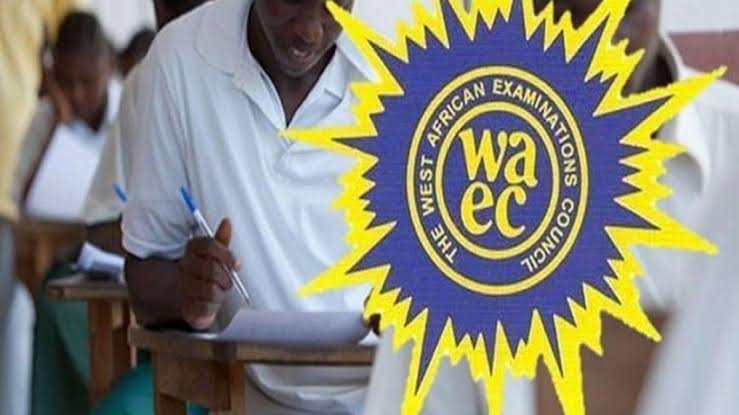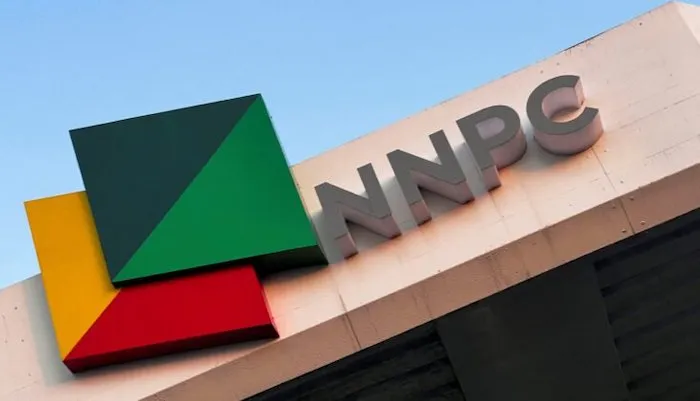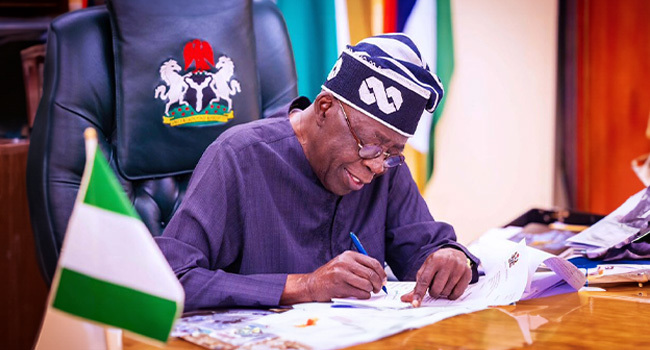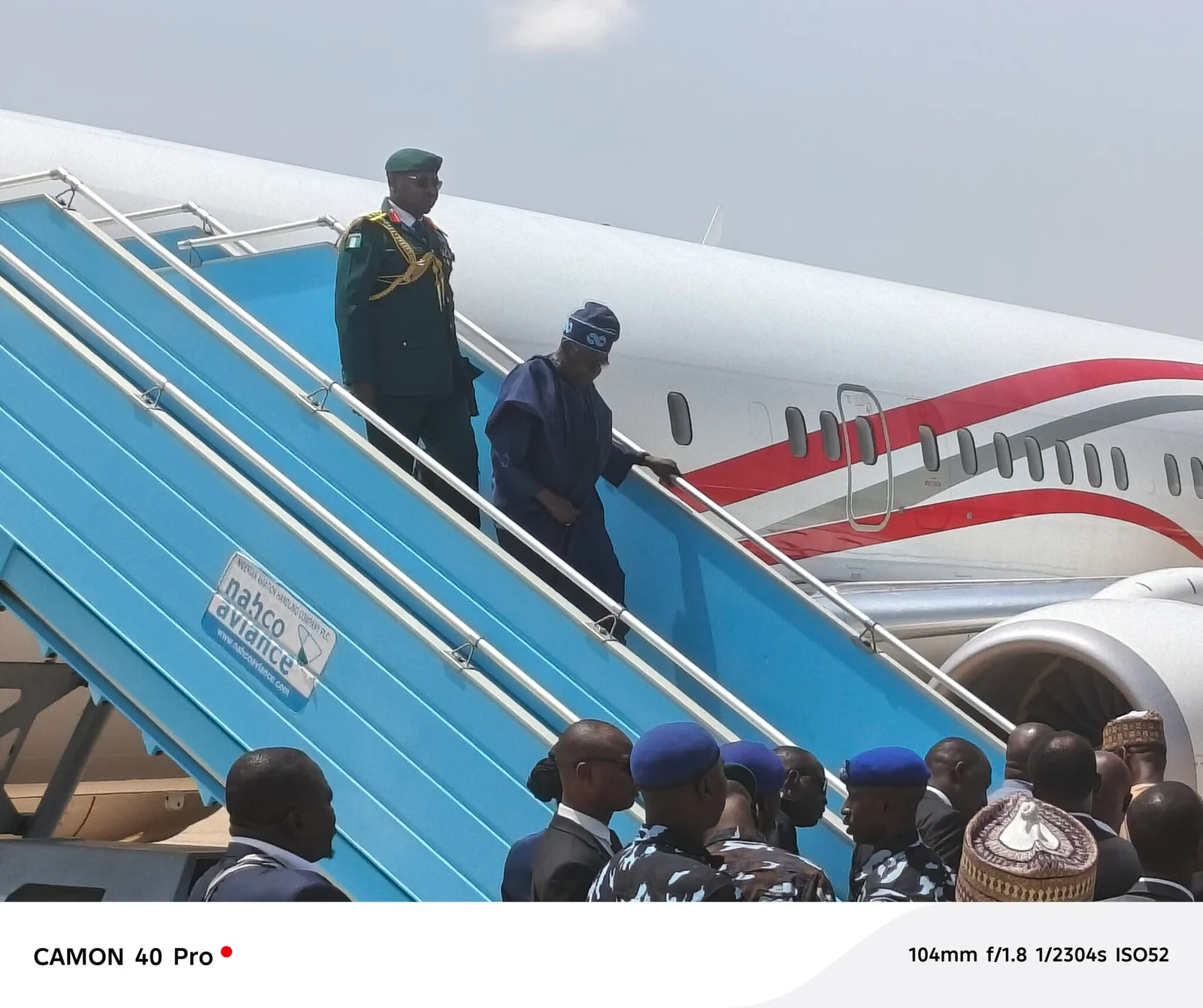The nation
WASSCE: We won’t condone late registration, WAEC warns schools

West Examinations Council, WAEC, says late registration of candidates by schools, for its West African Senior School Certificate Examination, WASSCE, would no longer be allowed, beginning from 2022.
The Head of the National Office of WAEC, Patrick Areghan, made this known in an interview with the News Agency of Nigeria on Friday in Lagos.
Mr Areghan spoke against the backdrop of late registration of candidates by some schools in an alleged bid to shop for external candidates.
The HNO warned that there would be no going back on deadlines set by the council for registration of school candidates, henceforth.
According to him, there is need for school owners to respect deadlines for upload of their candidates’ details for the examination.
He said that late registration was a major challenges to the council.
”Late registration makes preparations very cumbersome. On the contrary, we do not experience same during examination for private candidates.
”This year, we opened our portal for registration of candidates on Feb. 5, to close on May 16; that is a three-month interval.
”We later extended it to May 31, but due to activities of defaulters, we kept shifting the goalpost until the end of June. This is July and as at 15th, these stragglers were still calling for more extension.
”These are people who will not do the needful within the given period; this will no longer be tolerated, no matter the explanation advanced,” he warned.
The WAEC boss noted that there was a Federal Government policy on education which stated that no school should enroll external candidates for WASSCE for schools.
”If a student should fail the examination while in school, depending on the policy of the state, if given the opportunity to repeat, he or she could repeat; if not, such a person should go and attempt the examination again as a private candidate.
”Government has stated it clearly that we should not enroll external candidates to sit for school examination.
According to Areghan, in order to make the system more effective, schools must insist on carrying out continuous assessments progressively for students from SS1 to SS3.
The HNO explained that there was a collaboration that emphasised capturing and upload of students details from SS1, in a bid to avoid registration of external candidates.
According to him, this has been the case in some schools.
He said, however, that there had been sabotage especially by private-owned schools.
”They do not want to comply. Should they comply with the process and directive, the issue of registering external candidates will never arise.
”I recall in 2018, they frustrated our efforts, but it did not work, same in 2019.
”This year, we have taken the issue to our board and it has given us the necessary backing; those who could not register within the given time frame were shut out and have been all over the place complaining,” he told NAN.
The HNO said that the alleged saboteurs would come up with excuses ranging from mistake in subject registration to misspelling of names.
“Right now, whatever you submit as your continuous assessment score record, name of candidates and other details, is what we transfer to our registration portal.
”No change is effected but unfortunately, upon doing all these, some schools still go ahead to enroll fictitious named so that when they go shopping for external candidates, they come back to demand for a change of information on candidates’ profiles,” he said.
He said that because the council would want to give every qualified Nigerian child a chance to sit for the examination, it had to work day and night.
”Our message now is that it will no longer be business as usual. We have started to checkmate all these unwholesome activities and we are putting down our feet.
”On our part, we will ensure we carry out adequate sensitisation on the issue through our media partners and even on social media.
“Once we close registration, that will be it,” the HNO said.
NAN
Headlines
NNPCL reveals decision not to sell Port Harcourt refinery

The Nigerian National Petroleum Company Limited, NNPCL has officially decided not to sell the Port Harcourt Refining Company.
NNPCL has, instead said it is committed to conducting an extensive rehabilitation of the facility and ensuring its continued operation.
During a company-wide town hall meeting held at the NNPC Towers in Abuja, Bayo Ojulari, the Group Chief Executive Officer of NNPC Ltd, announced the decision regarding the future of the nation’s most significant state-owned refining asset, putting an end to weeks of speculation.
A statement by NNPCL reads, “The Nigerian National Petroleum Company Limited has officially ruled out the sale of the Port Harcourt Refining Company, reaffirming its commitment to completing high-grade rehabilitation and retention of the plant.
“The ongoing review indicates that the earlier decision to operate the Port Harcourt refinery, before full completion of its rehabilitation, was ill-informed and subcommercial.
”Although progress is being made on all three, the emerging outlook calls for more advanced technical partnerships to complete and high-grade the rehabilitation of the Port Harcourt refinery.
”Thus, selling is highly unlikely as it would lead to further value erosion.”
Headlines
Tinubu appoints Olumode Adeyemi as Federal Fire Service boss

President Bola Tinubu has approved the appointment of Adeyemi Olumode, as the new Federal Fire Service, FFS, Controller-General.
The appointment was announced on Wednesday on behalf of the Federal Government by retired Maj.-Gen Abdulmalik Jubril, Secretary of the Civil, Defence, Correctional, Fire and Immigration Services Board, CDCFIB.
Jubril said the appointment followed the retirement of the current Controller-General, Abdulganiyu Jaji, on August 13.
Jaji is retiring upon attaining the age of 60 by August 13.
Jibril further disclosed said that Adeyemi Olumode is qualified for the position, having attended and passed all mandatory in-service training, Command courses as well as other courses within and outside the country.
“He brings a wealth of experience to his new role, having transferred his service from the FCT Fire Service to the Federal Fire Service and grown to the rank of DCG in the Human Resource Directorate of the Service Headquarters.
“He has served in various capacities and is equally a member/fellow of the following professional associations including Association of National Accountants of Nigeria, ANAN, Institute of Corporate Administration of Nigeria, Institute of Public Administration of Nigeria and Chartered Institute of Treasury Management of Nigeria.”
Headlines
Tinubu arrives Katsina to receive Buhari’s body for burial

President Bola Tinubu, on Tuesday arrived in Katsina to receive the remains of the former President Muhammadu Buhari, who passed away in London on Sunday at the age of 82.
-

 Headlines4 years ago
Headlines4 years agoFacebook, Instagram Temporarily Allow Posts on Ukraine War Calling for Violence Against Invading Russians or Putin’s Death
-

 Headlines4 years ago
Headlines4 years agoNigeria, Other West African Countries Facing Worst Food Crisis in 10 Years, Aid Groups Say
-

 Foreign4 years ago
Foreign4 years agoNew York Consulate installs machines for 10-year passport
-

 News1 year ago
News1 year agoZero Trust Architecture in a Remote World: Securing the New Normal
-

 Entertainment3 years ago
Entertainment3 years agoPhyna emerges winner of Big Brother Naija Season 7
-

 Headlines2 years ago
Headlines2 years agoNigeria Customs modernisation project to check extortion of traders
-

 Entertainment2 years ago
Entertainment2 years agoMovie download platform, Netnaija, announces closure
-

 Economy2 years ago
Economy2 years agoWe generated N30.2 bn revenue in three months – Kano NCS Comptroller







